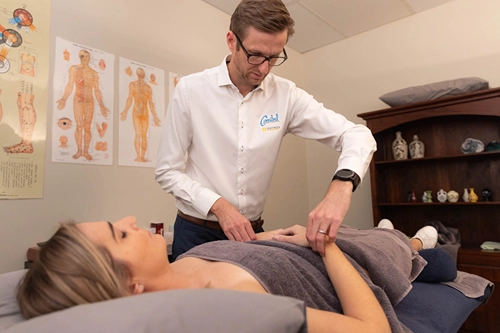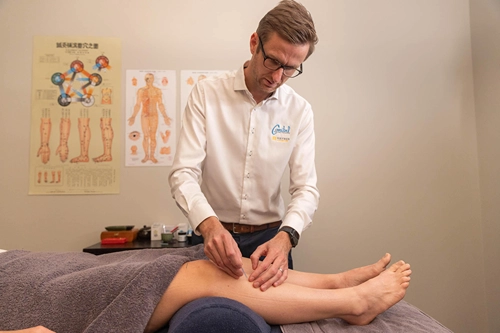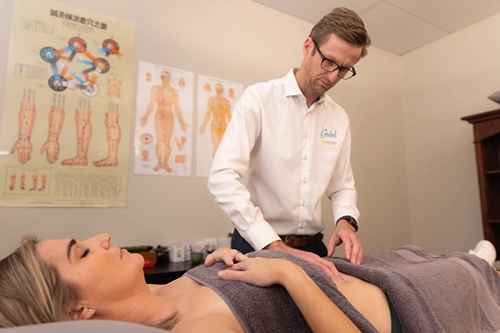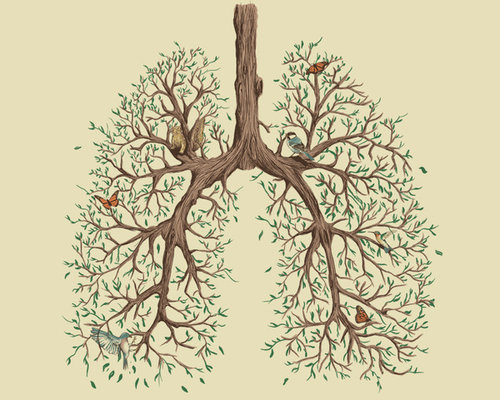postural orthostatic tachycardia syndrome – POTS
Postural Orthostatic Tachycardia Syndrome Treatment Gold Coast
Treatments to help you feel better while you get better
Acupuncturist With Experience Treating Postural Orthostatic Tachycardia Syndrome
We pride ourselves on getting results where others have failed
FAQs About POTS – Postural Orthostatic Tachycardia Syndrome
If you need more information call 07 5531 6461
Postural Orthostatic Tachycardia Syndrome (POTS) is a form of dysautonomia, a condition that affects the autonomic nervous system. POTS is characterised by an abnormal increase in heart rate upon standing, often accompanied by symptoms like dizziness, lightheadedness, fainting, fatigue, and brain fog.
The exact cause of POTS is not always clear, but it can be associated with various factors, including viral infections, hormonal imbalances, blood volume issues, and genetic predisposition. In some cases, POTS may develop following an illness, injury or traumatic experience.
- Heart palpitations or a rapid increase in heart rate (tachycardia) when standing up
- Dizziness or lightheadedness
- Fainting or near-fainting episodes (syncope or pre-syncope)
- Fatigue or exercise intolerance
- Brain fog or difficulty concentrating
- Headache
- Nausea
- Cold hands and feet
- Blurred vision
- Shortness of breath
Diagnosing POTS typically involves a thorough medical history review, physical examination, and several tests. A tilt-table test, in which the patient is placed on a table that is tilted to provoke symptoms while heart rate and blood pressure are monitored, is often used for diagnosis. Other tests may include blood tests, a standing test, and autonomic function tests.
POTS is more common in young women, especially those between the ages of 15 and 50. We have seen an increase in the number of POTS in people with Long-Covid
The course of POTS varies from person to person. Some individuals may experience improvements in symptoms over time, while others may have a chronic condition that requires ongoing management.
For some individuals, POTS may be a lifelong condition, while for others, symptoms may improve or resolve with appropriate management and treatment.
Symptoms can often be managed and improved through lifestyle changes, medications, and various therapies.
Interesting Articles For Better Health
If you enjoy these articles send an email to join our mailing list











